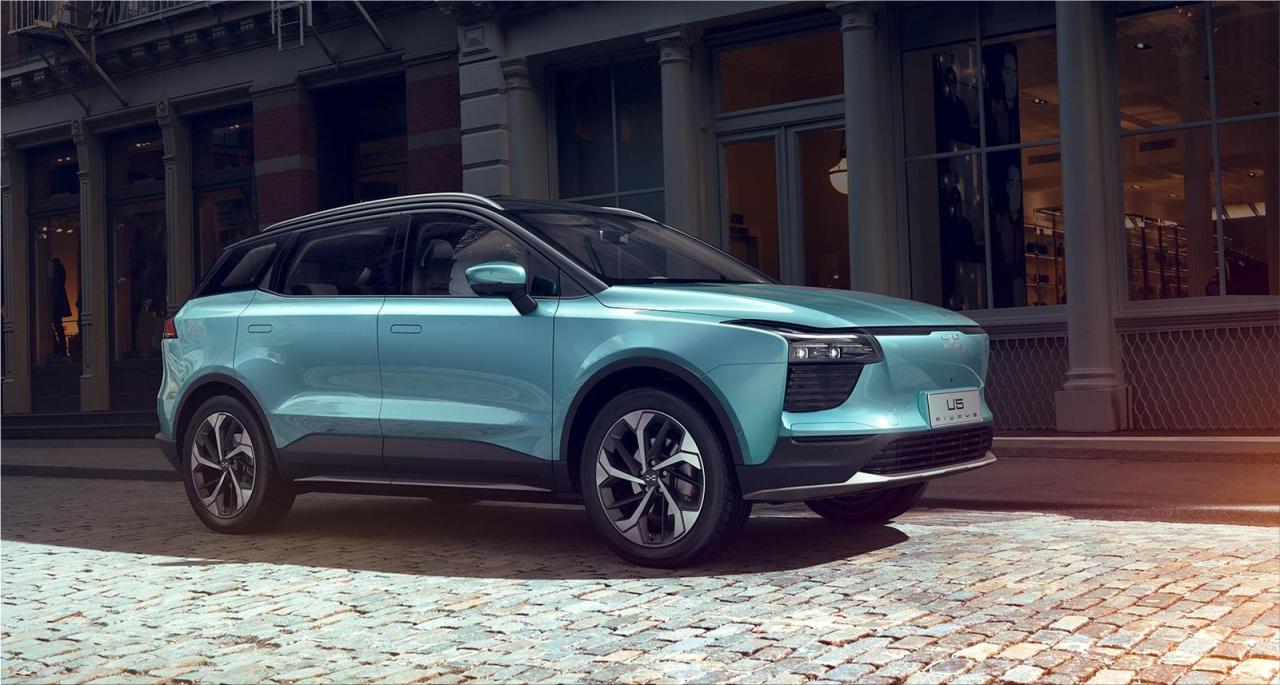The US and Europe are taking divergent approaches to addressing China's growing dominance in the global electric vehicle (EV) market. The US views the EV challenge through a national security lens, with the Biden administration investigating Chinese EVs as a potential threat due to data security concerns.
In contrast, the EU is conducting a more transparent anti-subsidy investigation into Chinese EV imports, aiming to maintain a level playing field for European automakers. While the US has imposed tariffs on Chinese EVs, the EU is expected to impose anti-subsidy duties. The differing objectives and tactics reflect the varying impacts of Chinese EVs on the US and European markets, with the EU being a major recipient of Chinese EV exports compared to the US. [1][2][4]
Citations:
[1] https://www.aei.org/technology-and-innovation/challenging-chinas-electric-vehicle-export-surge-us-and-europe-diverge/
[2] https://www.acea.auto/press-release/eu-electric-vehicle-industry-risks-losing-ground-without-a-robust-eu-industrial-strategy-new-report-finds/
[3] https://www.realinstitutoelcano.org/en/analyses/the-economics-and-geopolitics-of-electric-cars-a-european-perspective/
[4] https://thediplomat.com/2024/04/us-and-europe-2-different-approaches-to-restricting-chinese-evs/
[5] https://www.icis.com/chemicals-and-the-economy/2024/04/us-and-eu-prepare-for-trade-war-with-china-on-electric-vehicles-as-auto-demand-patterns-change/

